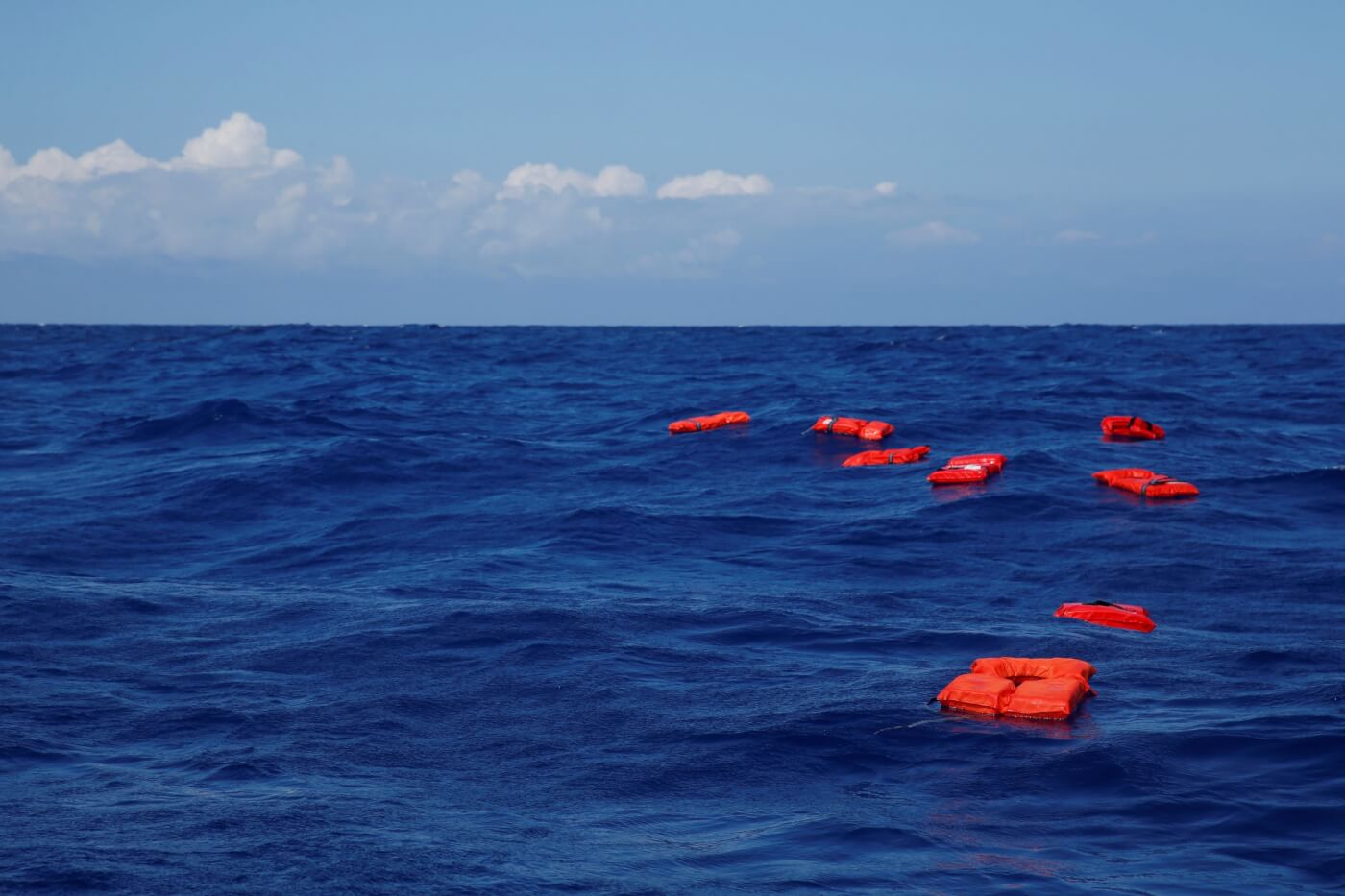The UK’s proposed post-Brexit agreement to continue the transfer of unaccompanied child asylum seekers to families living in either the UK or EU has been rejected in Brussels.
There are now widespread fears that failure to reach an agreement on legal routes to family reunification will lead to more child refugees risking their lives making the perilous Channel crossing.
Chief Brexit negotiator for the EU, Michel Barnier, has said he could not agree to the proposals in the current round of talks – due to end in late October – as it is “not in the EU mandate”.
Barnier is bound by a negotiating mandate agreed upon by the EU27 in February, which only set out vague aspirations for “cooperation” and “dialogue”.
In any case, member states have criticised British plans for not going far enough, with one EU official saying:
“It doesn’t bring much added value, we suspect it’s more about sending people back,”
The EU have previously rejected a broader migration pact, including adults, for similar reasons.
A race against time
With the transition period ending on 31 December 2020, the UK is up against the clock to reach an agreement with the EU on a number of key issues pertaining to refugees and migrants.
UK Home Secretary Priti Patel has made it clear that she views tackling irregular migration as a priority. In August, the role of ‘Clandestine Channel Threat Commander’ was created with the sole purpose of tackling illegal small boat crossings across the Channel.
Yet the end of the transition period will also mean that the UK is no longer covered by the Dublin Regulation, the laws which allow an EU member state to return an asylum seeker to the first EU country in which they arrived.
The UK has been keen to reach a similar agreement. However, states such as Italy and Greece, who are focal points for arrivals into the bloc, have opposed any deal with the UK until the EU’s own migration policy is reformed to relieve some of the pressure felt by them.
In a rather toe-curling exchange in the Home Affairs Committee meeting on Thursday 3 September 2020, no one out of Robert Jones (Director of Threat Leadership, National Crime Agency), Dan O’Mahoney (Clandestine Channel Threat Commander), Tyson Hepple (Director General, Immigration Enforcement) and Abi Tierney (Director General, UK Visas and Immigration) was able to answer what legal right to return migrants the UK would have post-transition period.
With only a few months before Britain’s withdrawal from the #EU, key issues on #refugee and migrant rights remain unaddressed.
Here, @YvetteCooperMP asks three senior @ukhomeoffice officials what legal ability the UK will have to return migrants. Is their answer good enough? pic.twitter.com/V4sOCPMs9v
— International Observatory of Human Rights (@observatoryihr) September 4, 2020
It is not just children’s rights to be reunited with their family, the government appears to have little grasp of their future powers to control migration in general. The fear is that this will lead to migrant’s and refugees’ rights being abused and our obligations to them flouted.
Created conditions
More than 7,400 migrants have crossed the English Channel in small boats since January 2019. This dramatic increase in numbers culminated on 2 September 2020 with more than 400 migrants making the perilous journey; it is a tragic record for a single day.
The increase has been driven by the lack of alternative routes, owing to travel restrictions during the coronavirus pandemic; better security at the Channel Tunnel and the recent good weather.
Priti Patel has increasingly been accused of treating crossings like a military operation. French authorities have been supplied with drones and night vision goggles, helicopters patrol the coast and the aforementioned Clandestine Channel Threat Commander is a former Royal Marine.
Actions on the ground are punctuated by articulated threats of interceptions and returns, the narrative is certainly that of zero-tolerance.
Yet, there is a real case to be made that it is also Home Office policies forcing people to risk their lives making these crossings. The lack of safe and legal routes into Britain is by design.
To arrive in the UK by air requires a visa, and officials are told to deny a visa to anyone when: “the political, economic and security situation in the applicant’s country of residence…leads to doubts about their intention to leave the UK at the end of their visit”. Translated this means, ‘if you think they will try to claim asylum don’t let them on our soil’.
People have no ability to claim asylum in the UK from foreign soil, migrants have to be on UK soil to have an application considered. It is for these reasons that people smuggle themselves in lorries or attempt to make the journey across the channel.
Clare Mosely, founder of Care4Calais, said:
“In the five years I’ve been in Calais, I’ve seen nothing, but tons of money thrown at security, and my experience is it makes no difference. All it does is put vulnerable people in greater danger.”
Of those that do make the journey, 98% of them claim asylum. In the past year, 71% of asylum applications were rejected without consideration as a result of the Dublin Agreement.
However, of those that the UK government do consider, two-thirds are successful.
In the Home Affairs Committee meeting, Abi Tierney, Director General of UK Visas and Immigration, accepted it was fair to extrapolate these numbers to the wider picture. Essentially, at least two-thirds of all those making the journey across the Channel are legitimate asylum seekers, discrediting the narrative peddled by some that they’re mostly opportunistic economic migrants.
But whatever legal label they’re eventually bestowed, they are and always will be people. People risking their lives to come to this country, we need to ensure that our laws come January treat them with compassion and dignity.

